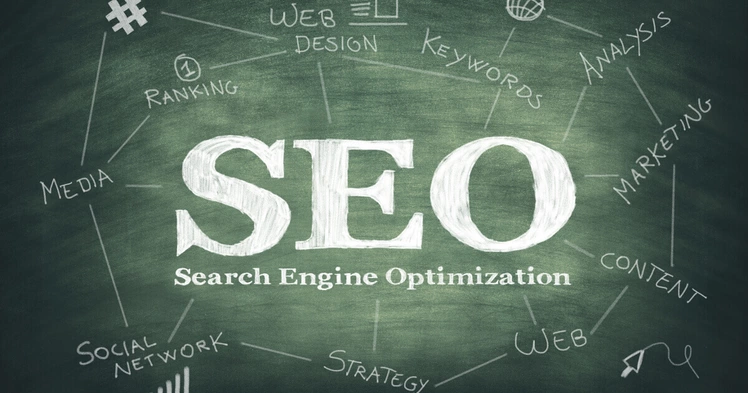Address
304 North Cardinal St.
Dorchester Center, MA 02124
Work Hours
Monday to Friday: 7AM - 7PM
Weekend: 10AM - 5PM


Table of Contents
Toggle(Check this to learn more about Keyword Research – How to do Keyword Research for SEO)
(Check this to learn more about Content Marketing – Beginner’s Guide to Content Marketing: Getting Started Made Easy)
SEO consists of various components, including:
Whether to hire an SEO professional or handle it yourself depends on various factors, such as your budget, time availability, and expertise. SEO requires continuous learning and staying updated with industry changes. Hiring an experienced SEO professional can save you time, ensure best practices, and deliver better results. However, if you have the resources and willingness to learn, you can also implement basic SEO techniques yourself.
While ethical and white-hat SEO practices are safe, there are risks associated with using black-hat or unethical techniques. Search engines penalize websites that engage in practices such as keyword stuffing, buying backlinks, or generating spammy content. It’s crucial to follow search engine guidelines and focus on creating valuable content that aligns with user intent.
To measure the success of your SEO efforts, you can track various metrics, including:
SEO is an ongoing process that requires continuous maintenance and optimization. Search engines regularly update their algorithms, and user behavior and search trends evolve over time. To maintain and improve your rankings, you need to consistently update your website, create fresh and relevant content, monitor keyword performance, and adapt to changes in the SEO landscape. Ongoing maintenance ensures that your website remains competitive and aligned with the latest best practices.
While SEO can significantly improve your website’s visibility and rankings, it does not guarantee top positions on search engine results pages (SERPs). Search engines use complex algorithms to determine rankings, considering various factors beyond SEO, such as user location, search history, and personalized preferences. However, implementing effective SEO strategies can increase your chances of ranking higher and attract more organic traffic.
SEO is a long-term strategy, and the time required for investment can vary based on several factors, including the competitiveness of your industry, the state of your website, and your goals. It’s recommended to view SEO as an ongoing investment rather than a one-time project. Continuously optimizing your website and staying updated with industry changes will yield long-term benefits and help you stay ahead of the competition.
Remember, SEO is not a quick-fix solution but a sustainable approach to improve your website’s visibility, attract organic traffic, and achieve your business objectives.